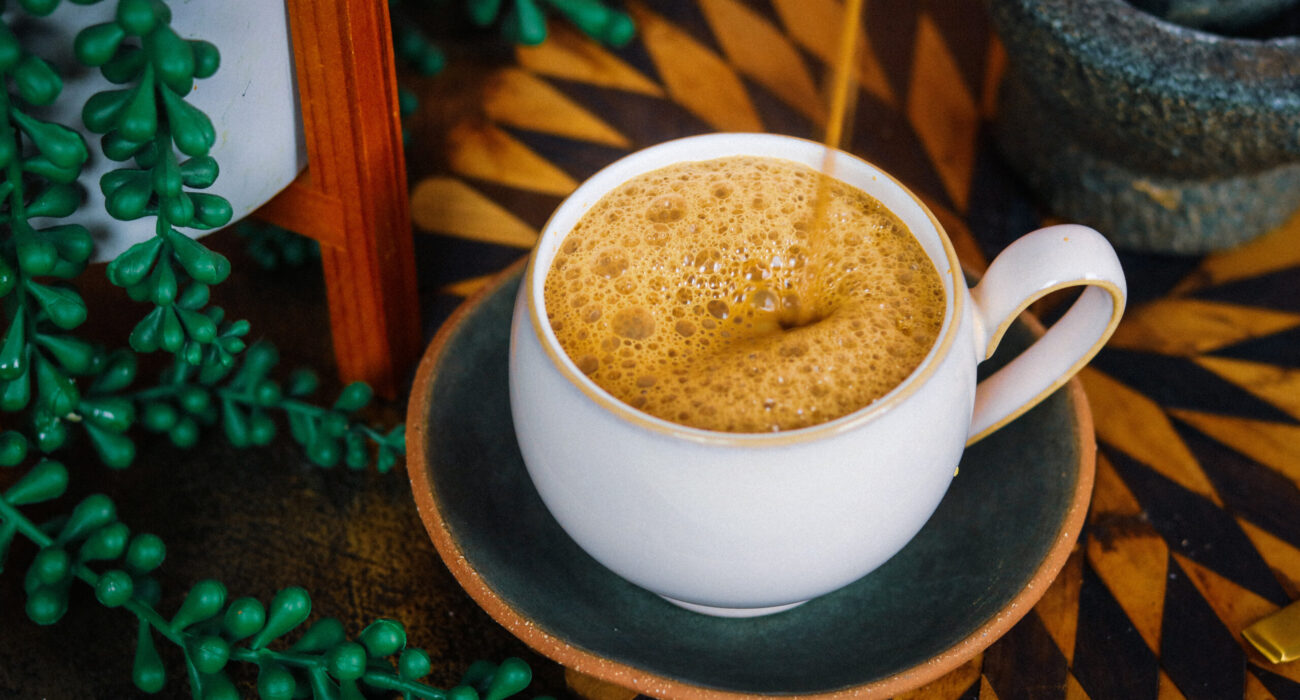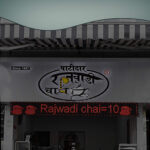Chai vs. Coffee: Which is Better for Your Health?
The chai vs. coffee debate has been ongoing for years. While both beverages have devoted fans, they differ greatly in terms of health benefits, caffeine content, and overall impact on the body. Let’s explore which one is truly better for your health.
Caffeine levels are one of the biggest differences. Coffee contains nearly twice as much caffeine as chai. A typical cup of coffee has about 90–100 mg of caffeine, whereas chai averages 40–50 mg. This means chai provides a gentler energy boost without causing jitters or sleep disruptions. For those who are sensitive to caffeine, chai is the better choice.
Chai’s strength lies in its spices. Unlike plain coffee, chai blends black tea with immune-boosting ingredients like ginger, cardamom, cinnamon, cloves, and black pepper. These spices aid digestion, reduce inflammation, and support metabolism. Coffee, on the other hand, is acidic and can sometimes cause stomach discomfort or acidity when consumed on an empty stomach.
In terms of antioxidants, both drinks offer benefits. Coffee contains chlorogenic acid, which helps combat free radicals. However, black tea — the base of chai — also provides strong antioxidants known as polyphenols that protect cells and promote heart health.
When it comes to stress and relaxation, chai wins again. The combination of warm milk, soothing spices, and moderate caffeine provides calm alertness — perfect for balancing energy without anxiety. Coffee gives a sharp spike of energy but may lead to a crash later.
Ultimately, the healthier option depends on your lifestyle. If you need a quick boost, coffee might help. But if you’re looking for a nourishing, holistic, and soothing drink, chai offers a perfect balance of energy and wellness. For most people, chai emerges as the healthier everyday choice.










